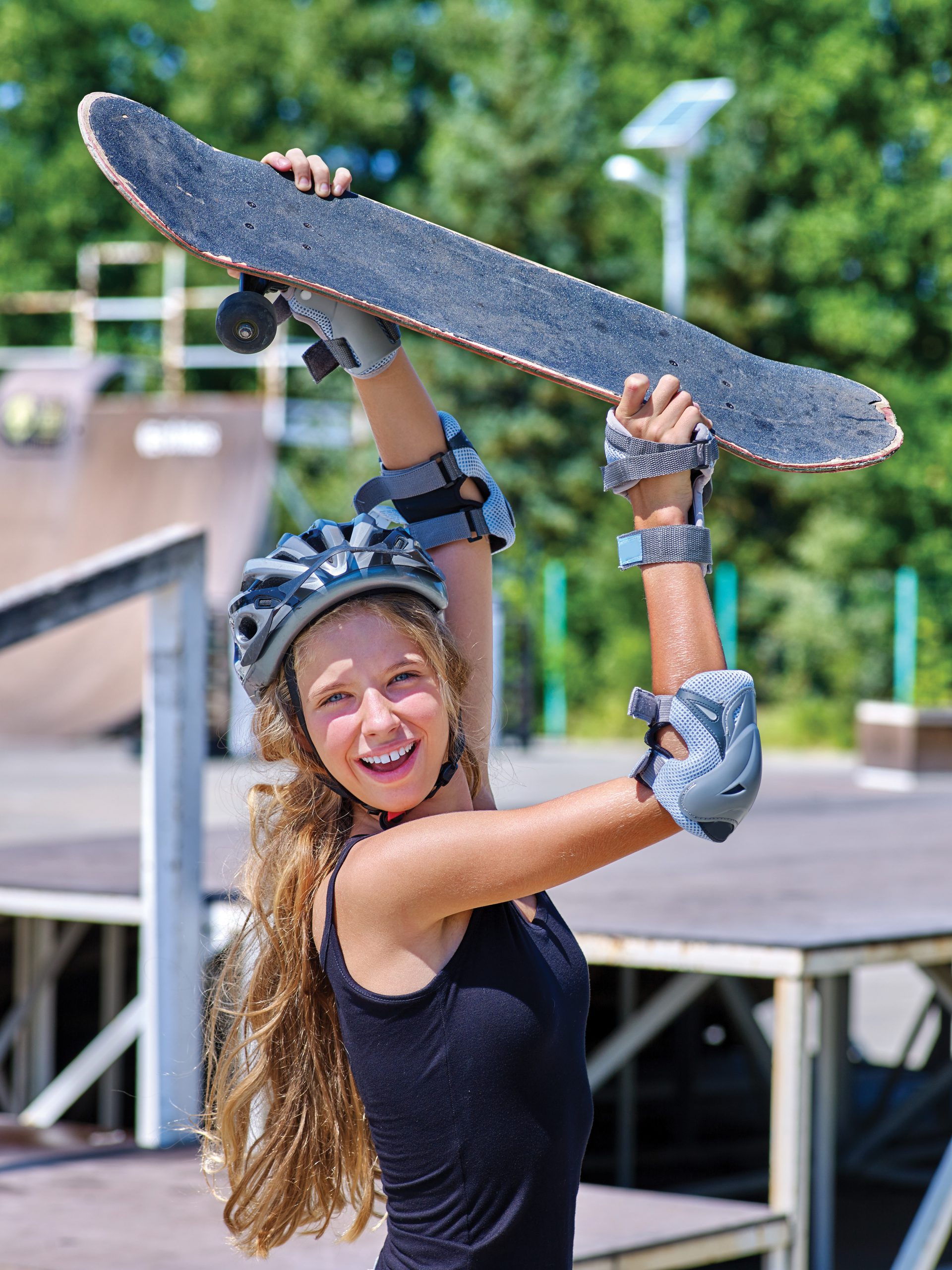
The Benefits of Getting Involved
The Benefits of Getting Involved
By Youth Connections Staff
This article is part of our series about risk and protective factors. Risk factors increase the chances of a youth starting to use substances. Protective factors help insulate youth from influences that encourage substance use.
We know that if kids are involved in positive things, they’re less likely to be involved in negative ones. What are some ways that we know will help reduce the chance that kids will start using drugs and increase the possibility that they’ll lead productive lives? Increasing protective factors, those things that wrap youth in a layer of protection from external influences and making unhealthy choices, is one way. It’s easier than it may seem.
One of the protective factors that helps build self-esteem, creates confidence, and teaches teambuilding and leadership skills is opportunities for pro-social involvement. People are wired to be social and be around others. If individuals don’t have the opportunity to be involved in positive social interactions, they’ll resort to negative ones. Think of how gangs work; being part of a group who is accepting (often when other groups have shunned an individual) is appealing. Everyone wants to feel wanted, to be involved, and be part of something. This is why it is so important to get youth involved in positive activities at a young age.
Research has shown that by the 8th grade, a person’s self-worth is 80% established. If we’re waiting until high school to get kids involved in groups or clubs, we’re missing the mark. In addition, numerous studies have revealed that participation in supervised youth work and sports deters adolescent substance use. Twenty years ago, Iceland had the highest youth use of any European country. Then a multi-agency team focused on increasing adolescent participation in structured and organized youth activities supervised by adults, as well as increasing the time spent together by adolescents and their families. From 1999 to 2017, 15- and 16-year-olds reporting being drunk in the previous 30 days dropped from 42% to 5%.
Ideally, by 5th grade, a youth should identify at least one activity that interests them. It’s important that this activity is supervised by adults (other adult relationships is another protective factor). Be sure to think outside the box. Getting youth involved is not just about having them play a sport. In fact, getting them involved in service groups teaches additional skills. To the right are some ideas for activities that aren’t organized sports.
In addition to learning the skill, youth will gain self-confidence, learn to work with others, develop skills to overcome adversity and disappointment, create friendships, and succeed in meaningful ways. Young people will be treated as equal partners and engage with their communities, schools, organizations, peer groups, and families in ways that are both constructive and productive. All these skills help youth build coping mechanisms, which is critical in preventing substance use and dealing with life’s curve balls.
Don’t get discouraged if a child bounces from one activity to the next. Ideally, it’s best if they can get with a group and start to develop friendships, but in the beginning, they may need to try several different activities until they find their true passion. And don’t worry if they’re not the next world expert; that’s not the point of getting them involved. Often parents try so hard that they go overboard in pushing certain activities. It should be the child’s choice. Children who are more reserved or shy may have a hard time jumping in to a group or club with a lot of participants. Offer a few options and allow them to try things out, letting them know they can always try something else if they’re miserable. There are so many options these days, there has to be something that will pique their interest. Just keep trying if the first couple are not successful. It will be worth the effort to get them connected in a positive experience.
It’s important to remember that a parent is the most influential person in a youth’s life, so stay involved, be supportive, and encourage their participation.
Boy/Girl Scouts
Choir/Band/Orchestra
Civil Air Patrol
Any school or community club
Non-profit organizations: prevention, food banks, youth-serving, environmental, animals
Dance, ballet, hip-hop, etc.
Drama
Religious groups
Reading/library groups
Robotics or science-based clubs
4-H
Swim club – competitive or not
Biking clubs
Martial arts
Automotive/welding
Art – all mediums
Games – chess, Anime, etc.
Skateboarding
Health – occupations, weightlifting, etc.
Big Brothers Big Sisters, etc.
